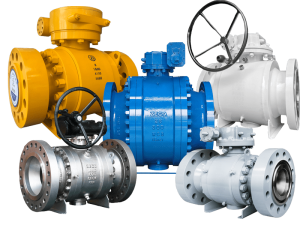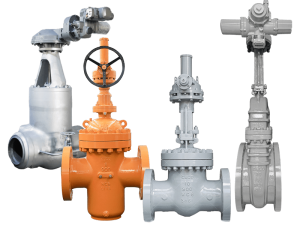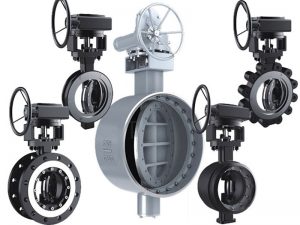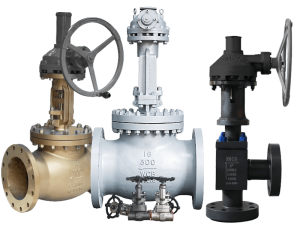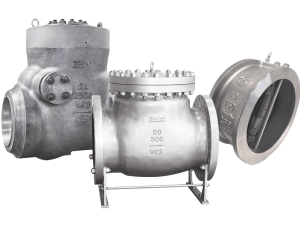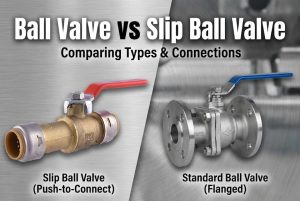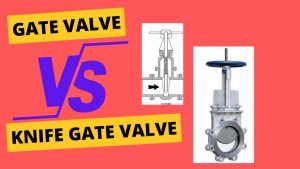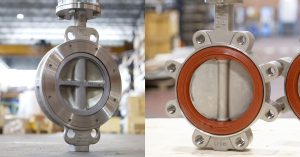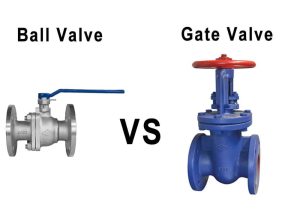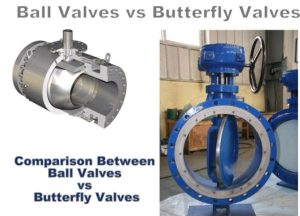Barton 224C Differential Pressure Unit
The 224C DPU consists of a bellows unit assembly (BUA) and removable pressure housings. within the BUA, flexible bellows are secured to a center plate. In dual-bellows models, the movable bellows are rigidly connected by a dual valve stem that passes through the center plate. Valve seats, in the center plate passage, form a seal with the valves. Contacting the valve stem in the center plate is a drive arm pivoted on the end of a sealed torque tube. The bellows are filled with a clean, noncorrosive, low-freezing point liquid. A range spring assembly provides tension against applied pressures.
Barton 289A Differential Pressure Indicating Switch
The Barton Model 289A Differential Pressure Indicating Switch features a cover lens held in the bezel with an elastomer ring for protection from potential damage. This model’s indicator and switch mechanism are contained in a fume, moisture, and dust-free environment, thanks to the elastomer ring’s additional functionality as a seal between the case and bezel.
Differential Pressure Control Valve
Differential Pressure Control Valves – also commonly called DPCVs – are installed in heating or cooling systems to control sub-circuit pressure to a set or given maximum.
Extremely efficient, the DPCV is set to a maximum differential pressure which ensures flow cannot exceed the desired rate. It, therefore, helps reduce energy consumption, and the risk of noise and simplifies the commissioning process.
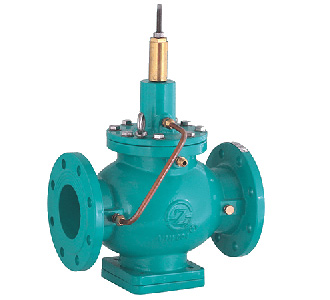
Working Principle of DPCV
A DPCV includes a diaphragm, a spring, and a capillary tube connecting the partner valve in the supply pipe and the DPCV valve in the return pipe to control the circuit pressure loss.
• ΔP Control
The DPCV diaphragm will regulate to control ΔpC (differential pressure across the circuit) depending on pressure impulse from the supply side and direct pressure from the return side. The spring force will equal the ΔpC.
In all ZECO DPCVs, the diaphragm will be a rolling diaphragm which will result in a very compact valve design. Depending on the Differential Pressure Control Valve selected, ΔpC may be fixed or externally adjustable.
Features of Differential Pressure Control Valve
- Fewer complaints
- The right balance will be there under all loads, resulting in less to no complaints regarding uneven heat distribution or system noise.
- Better temperature control
- With automatic balancing, you will achieve better temperature control in the rooms.
- Energy savings
- No overflows will occur in the system anymore, resulting in no waste of energy.
- Save on commissioning
- There will be no measuring needed for adjustments, which will mean significant savings on commissioning costs.
- Effective project planning
- Projects can be handled and handed over in stages, making project planning and execution easier.
Related Tags :
Ten articles before and after
Barton Model 289A and 291B – Zeco Valve
Delavan Specialty Nozzles – Zeco Valve
Hydramotor AH90 / NH90 electro hydraulic actuators – Zeco Valve
Del-O-Flo Nozzels for various applications – Zeco Valve
Asco Controls Solenoid Valves – Zeco Valve
Barton Instruments Model 247C and 246C – Zeco Valve
Asco AH91 / AH92 / AH93 / AH94 / AH95 / AH96 Actuators – Zeco Valve
Cameron Ledeen Self-Contained Hydraulic Actuators – Zeco Valve
Barton Instruments Indicating Transmitter Switch (ITS) – Zeco Valve

